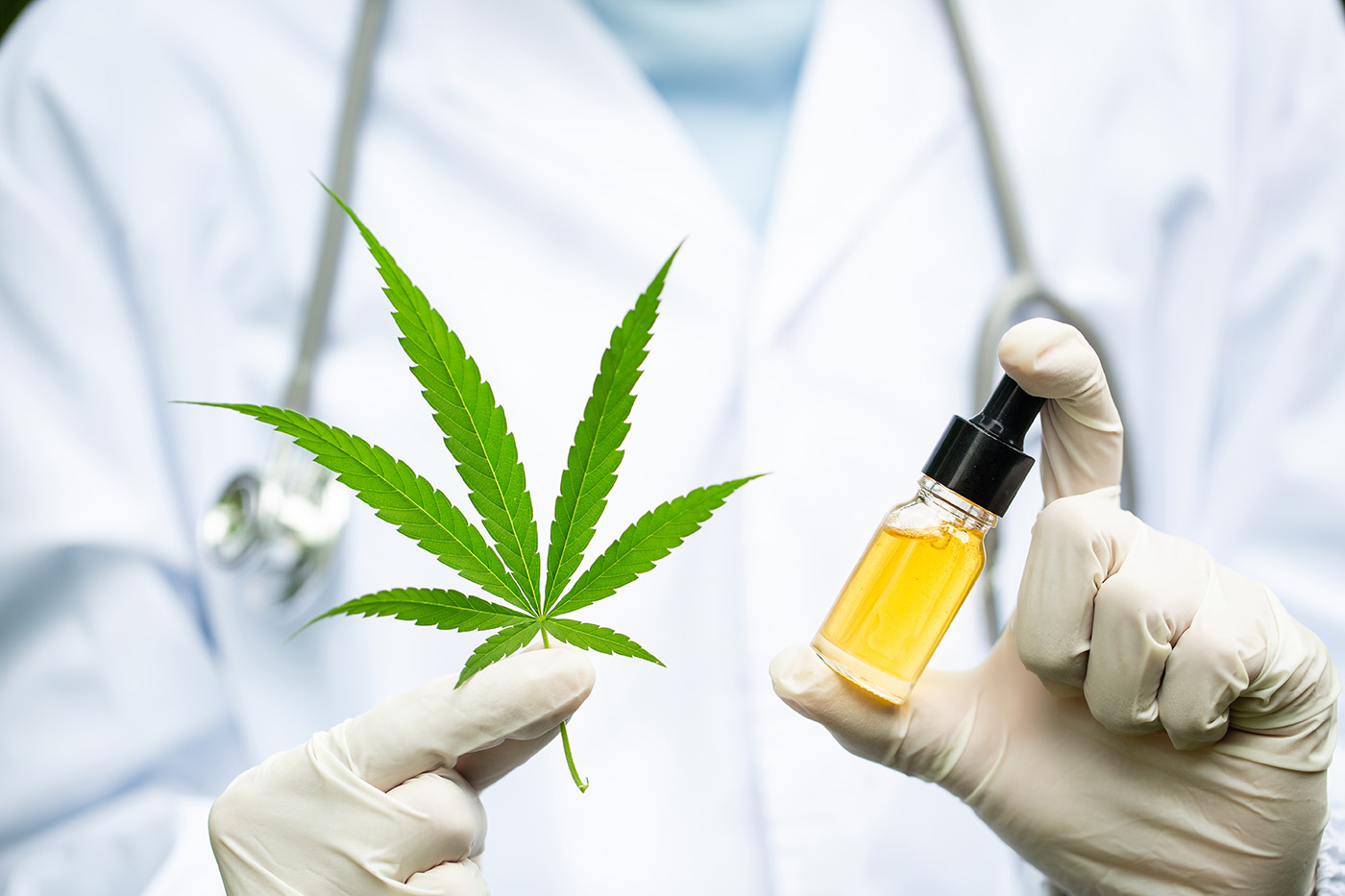Shedding Light on What Medical Marijuana Can Treat: a Thorough Evaluation of Its Therapeutic Properties
In recent years, there has actually been an expanding rate of interest in the healing capacity of medical marijuana. While anecdotal evidence is plentiful, a thorough examination of the scientific data relating to the effectiveness of clinical marijuana in dealing with these problems is warranted.
Persistent Discomfort Administration
Chronic discomfort management continues to be a crucial aspect of clinical care, necessitating a thorough technique for efficient therapy. In recent years, clinical marijuana has become a prospective restorative option for people experiencing persistent pain problems. The endocannabinoid system, which plays an essential role in discomfort inflection, has actually been targeted by cannabis-based treatments to enhance and alleviate signs quality of life for individuals.

In addition, clinical cannabis provides an appealing alternative for people that experience unbearable negative effects from standard pain drugs. Its ability to deal with discomfort via a various system makes it a beneficial addition to the toolbox of treatments offered for chronic discomfort monitoring.
Epilepsy Therapy Prospective
Clinical marijuana has actually shown encouraging possibility in the treatment of epilepsy, providing an unique restorative approach for taking care of seizures in clients. Epilepsy is a neurological problem identified by frequent seizures, impacting individuals of every ages. Conventional therapies for epilepsy consist of antiepileptic drugs, however these medications may not be effective for all patients and can have significant negative effects.
Study on the use of medical marijuana for epilepsy has actually revealed encouraging results. Cannabidiol (CBD), a non-psychoactive substance discovered in marijuana, has been especially highlighted for its anticonvulsant buildings. Research studies have actually shown that CBD can reduce the regularity and extent of seizures in people with treatment-resistant kinds of epilepsy, such as Dravet disorder and Lennox-Gastaut syndrome.
Furthermore, the FDA has actually authorized a CBD-based drug, Epidiolex, for the treatment of seizures connected with these serious forms of epilepsy. This milestone emphasizes the growing acknowledgment of clinical cannabis as a useful therapeutic choice for managing epilepsy and gives hope for people that have actually not responded well to traditional treatments.
Nausea Or Vomiting Relief Benefits
The relief of nausea through making use of marijuana has been significantly recognized for its healing advantages in various clinical problems. Queasiness and vomiting are common symptoms experienced by patients undertaking chemotherapy, those with stomach disorders, and people with persistent discomfort problems. Clinical marijuana, with its energetic compounds such as THC and CBD, has shown promise in offering remedy for queasiness.

Furthermore, clinical cannabis uses a natural choice for people who do not respond well to conventional anti-nausea medications or who experience serious side impacts from these medicines. Patients undertaking radiation treatment, particularly, have reported significant enhancements in their lifestyle when utilizing cannabis to take care of nausea. As research study around proceeds to grow, clinical cannabis is progressively being considered as a beneficial option for queasiness relief in different medical settings.
Stress And Anxiety Reduction Impacts
Researches have actually demonstrated the capacity of marijuana in minimizing anxiety signs with its communication with the endocannabinoid system. The endocannabinoid system plays an essential role in regulating emotions, including stress and anxiety, by keeping homeostasis in the body. Cannabinoids in marijuana, such as THC and CBD, communicate with the endocannabinoid receptors in the brain, particularly the CB1 and CB2 receptors, to modulate anxiety-related responses.

Patients with conditions like generalized stress and anxiety problem (GAD), social anxiety condition, and trauma (PTSD) might gain from the anxiolytic properties of marijuana (Medical Marijuana Doctor Clinton MS). Nevertheless, additional research study is needed to figure out ideal dosages, distribution techniques, and long-term effects on stress and anxiety management.
Possible for Swelling Control
With its recognized anti-inflammatory buildings, cannabis has revealed promise in possibly regulating inflammation within the body. Inflammation is the body's natural feedback to injury or infection, however when it becomes get redirected here chronic, it can contribute to numerous conditions such as joint inflammation, inflammatory digestive tract illness, and even heart condition. Research recommends that the cannabinoids discovered in marijuana, such as THC and CBD, can assist regulate the immune feedback and decrease inflammation.
Researches have revealed that cannabis can connect with the endocannabinoid system, which plays an essential function in managing swelling. By targeting the cannabinoid receptors, marijuana substances can modulate the immune action, causing a decrease in swelling levels. This makes marijuana a potential candidate for taking care of inflammatory conditions where traditional therapies have dropped short.
Moreover, cannabis-derived items like CBD oil have obtained popularity for their anti-inflammatory homes, with numerous individuals using them as a natural solution for conditions linked with inflammation. While even more study is needed to completely recognize the mechanisms behind cannabis's anti-inflammatory results, current findings show encouraging outcomes for the prospective use medical cannabis in managing her response inflammation.
Final Thought
Finally, medical cannabis has shown appealing therapeutic residential properties in taking care of chronic pain, dealing with epilepsy, soothing queasiness, decreasing anxiousness, and managing swelling. Its possible advantages in various medical problems highlight the relevance of additional research study and expedition right into its medical use. The proof recommends that medical cannabis could be an important alternative treatment choice for people looking for remedy for a variety of signs and symptoms and problems.
In recent years, medical marijuana has actually arised as a potential restorative option for people experiencing from chronic discomfort problems.Medical marijuana has shown appealing potential in the treatment of epilepsy, offering an unique healing strategy for taking care of seizures in patients. As study in this location proceeds to expand, clinical marijuana is increasingly being considered as an important alternative for queasiness alleviation in different clinical settings.
In verdict, medical cannabis has actually revealed encouraging restorative properties in handling chronic discomfort, treating epilepsy, alleviating nausea, minimizing stress and anxiety, and controlling swelling. The proof recommends that medical cannabis could be a beneficial option therapy option for patients looking for relief from a variety of symptoms and conditions.